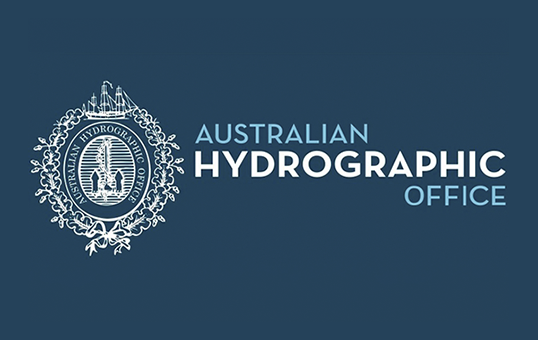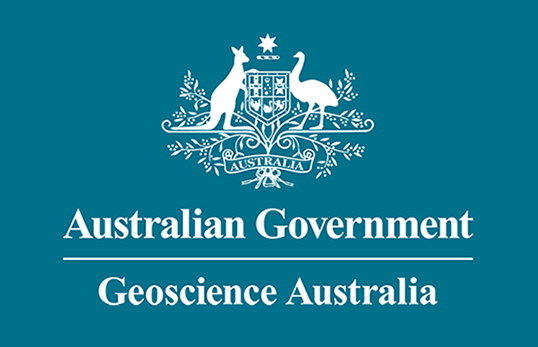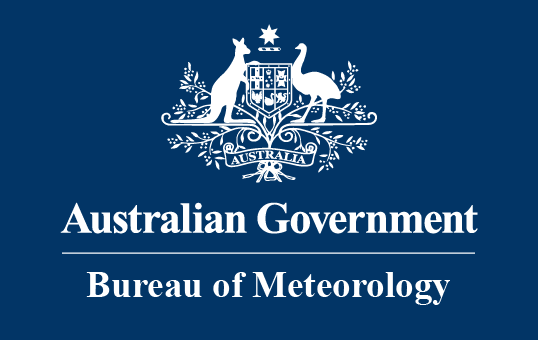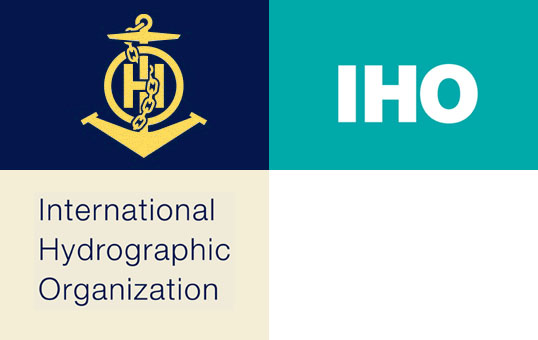A career in the field of geospatial intelligence entails the collection, analysis and dissemination of imagery and geospatial information to describe, assess and visually depict physical features and geographically-referenced activities in the air, land, maritime and space domains.
Emerging technologies, including artificial intelligence and machine learning, present exciting opportunities to enable the processing, storage and analysis of geospatial data. As the lead geospatial intelligence agency for the Australian Government, Defence operates in a unique, challenging and dynamic environment.
Analysts make a vital contribution to protect the lives and safety of Australians at home and overseas by providing intelligence to decision makers at all levels.
- Safe international and domestic navigation in Australian waters.
- Situational awareness.
- Targeting capability.
- Charting function.
- Hydrographic surveying and charting.
- Earth observation, maritime, geodesy and mapping activities.
- Satellite technologies for enhanced military surveillance.
- Contribute to Australia's national security.
- Strengthen confidence, initiative, communication skills and decision making ability.
- Ongoing education, specialist training, career diversity and promotional opportunities.
Geospatial intelligence analysts undertake detailed and sophisticated analytical intelligence work, utilising analytical, problem solving, research and communication skills.
Analysts research, analyse and report on a country or region or a specific thematic international issue to meet the requirements of customers ranging from senior Australian Government decision-makers to tactical users.
Geospatial intelligence analysts can:
- identify interrelationships between issues, to draw links and to synthesise information across different sources
- place information in a broader context and to identify likely implications
- generate new ideas and innovative approaches to problems
- generate effective practical applications.




